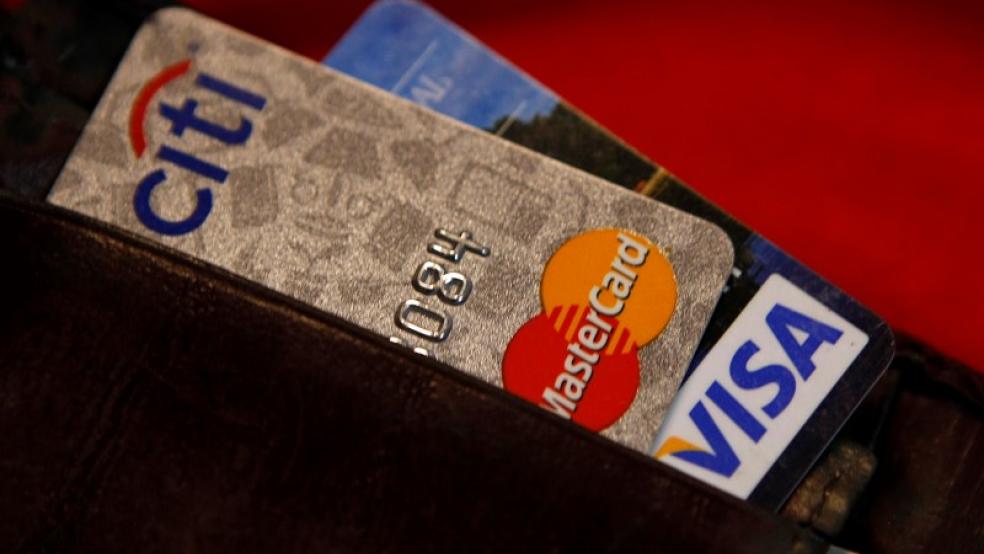The holidays may have been weeks ago, but the hangover has just begun.
Credit card bills showing how much you spent in December are starting to roll in this month, and many Americans are finding that their holidays were a little too jolly.
In 2013 and 2014, balances on credit cards increased around 4 percent in December, according to an analysis by credit reporting agency TransUnion on behalf of TFT, reflecting the rise in shopping around the holidays. That growth rate is more than four times the growth rate observed in non-holiday months.
If you’re shell-shocked by the large number staring back at you from your credit card bill, consider these three strategies to pay it off as quickly as possible.
Related: Why Millions of Millennials Can’t Get Credit Cards
1. Bite the bullet. The most responsible and fastest way is to just pay the entire balance off, even if you need to suspend contributions to your retirement account for a few months, says John Ulzheimer, a credit expert formerly with FICO and Equifax. The interest is just too expensive and can add up the longer you wait.
“The faster you can exhaust your holiday debt, the more enjoyable 2016 will be,” he said. “You don’t want to get statements in April with purchases from the holidays still on them.”
2. Prioritize payments. If you can’t pay off your credit card bills with one big check, then pay off the most expensive balances first, says Ulzheimer. Start with the credit cards with the highest interest rate—often store credit cards—and move your way down to ones with lower rates, throwing as much money as you can at the balance. But don’t forget to pay more than minimum on the other cards, too.
“It’s the lesser of a variety of evils because most credit cards have high interest rates,” he says.
Related: Do Americans Have a Credit Card Problem Again?
3. Try a balance transfer. Another strategy is to transfer the balance to a card that offers a zero-percent interest rate for an introductory period like 12 to 18 months, says Matt Schulz, senior industry analyst at CreditCards.com. Consider the length of the intro period—will you be able to pay off the entire balance before the intro period expires? If not, know what the interest rate will be after the intro period lapses. Calculate any balance transfer fees to make sure the transaction makes financial sense. Also, don’t forget to see if there are any deadlines for completing the balance transfer, Schulz says.
“There are a lot of quirks and rules with balance transfer cards,” he says.





